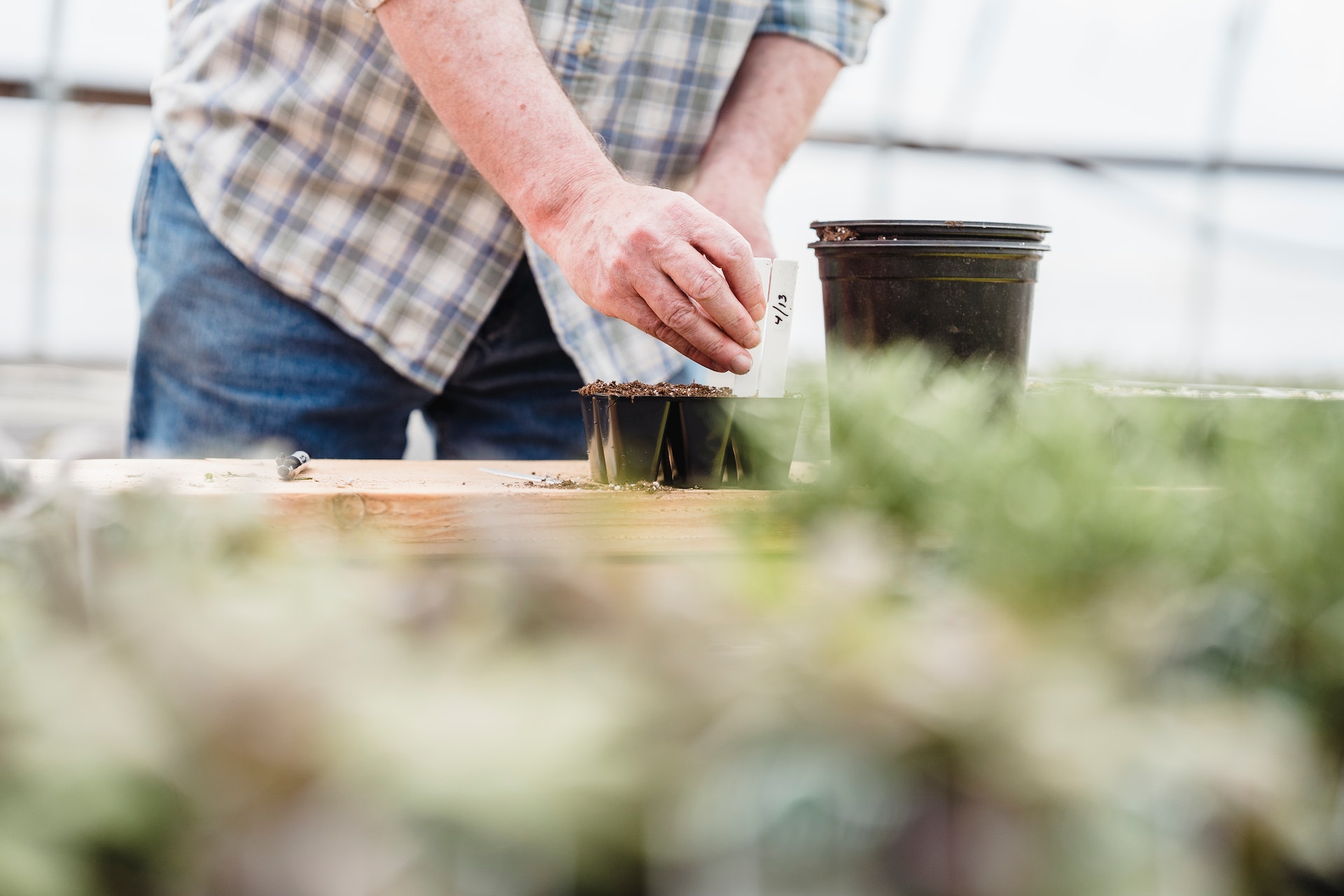In recent decades, as the world grapples with the challenges of climate change and environmental degradation, plastic pollution has emerged as one of the primary ecological threats. Now, a groundbreaking study has shone a spotlight on the alarming implications of plastic use in agriculture, urging swift action and innovative recycling solutions.
Plastic’s Pernicious Presence
Agriculture, a sector vital for food security and economic growth, has witnessed an escalating reliance on plastics. From plastic mulches to polytunnels and irrigation systems, the material’s utility in enhancing crop yield, pest control, and water conservation is undeniable. However, the flip side paints a grimmer picture.
According to the new research, there’s a pressing need to minimize plastic use in agriculture. The rationale? Plastics, particularly petroleum-based variants, introduce pollutants and harmful chemicals into the environment. These non-biodegradable materials persist, breaking down into micro-nanoplastics that penetrate the soil and water.
The Human Health Conundrum
Philip Demokritou, the distinguished Henry Rutgers Chair and Professor at the Rutgers School of Public Health, elucidates the alarming connection between plastics and human health. “Emerging data suggests a profound impact on human health, stemming from the leaching of toxic additives and minuscule plastic fragments into our ecosystems,” he explains. These tiny particles eventually infiltrate the food chain through a process called trophic transfer, introducing potentially harmful residues into our diets.
Sustainable Solutions on the Horizon
Demokritou’s revelations, published in Nature Communications Earth & Environment, do not merely highlight the problem but emphasize feasible solutions. The study identifies the dual strategy of reducing plastic reliance and embracing innovative recycling methodologies as the way forward.
Sustainable alternatives to traditional plastics in agriculture might include the use of biodegradable plastics, mulches derived from organic materials, and techniques that diminish the necessity for plastic tools. While these alternatives currently come with their set of challenges, including cost-effectiveness and efficiency, continuous research and development could render them more accessible to farmers globally.

Furthermore, the study champions the cause of advanced recycling methods. These techniques could repurpose agricultural plastic waste, transforming them into valuable products instead of pollutants.
A Collective Call to Action
The implications of the research extend beyond policymakers and agriculturists. As consumers become more aware of the environmental and health repercussions of plastics, there’s a burgeoning demand for organic and sustainably produced food items. This demand can, in turn, nudge the agricultural sector towards more eco-friendly practices.
For the global community, this research is a clarion call. The time is ripe for intergovernmental bodies, environmental organizations, and the agricultural community to collaborate. Together, they can pave the path toward a future where plastics serve utility without compromising the planet’s health.
In Conclusion
Plastic’s omnipresence in modern agriculture is a double-edged sword. While its benefits are tangible, the environmental and health costs are becoming increasingly evident. The recent study spearheaded by the Rutgers team offers a holistic perspective on the issue, intertwining the challenges with viable solutions. As the world grapples with the broader narratives of sustainability and environmental conservation, the need for concerted action against plastic pollution in agriculture becomes paramount.
©globalgreenhouse.eu

